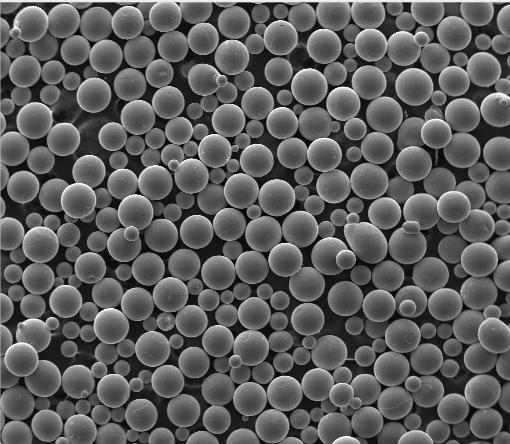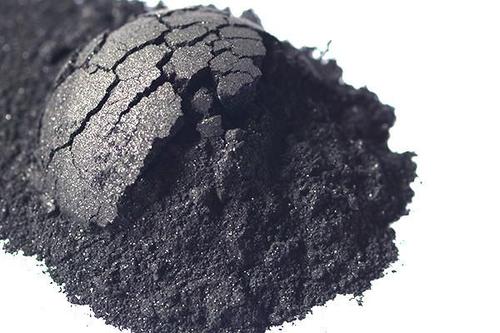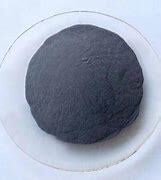Overview of Platinum coated titanium anode rod for Production of electrolytic silver catalysts
Titanium (Ti) is a chemical element with the atomic number 22 and is symbolized as Ti on the periodic table. It belongs to the transition metals group and is known for its low density, high strength-to-weight ratio, and exceptional corrosion resistance. Discovered in 1791 by William Gregor, titanium has become a vital material across numerous industries due to its unique combination of properties.
Feature of Platinum coated titanium anode rod for Production of electrolytic silver catalysts
-
Low Density and High Strength: Titanium is about 45% lighter than steel but possesses similar strength, making it ideal for applications where weight reduction is critical without compromising strength.
-
Corrosion Resistance: It forms a passive oxide layer that protects the underlying metal from corrosive substances, including sea water and chlorine, making it highly resistant to corrosion.
-
Biocompatibility: Titanium is well-tolerated by the human body and doesn’t cause adverse reactions, which is why it’s widely used in medical implants and surgical instruments.
-
Heat Resistance: With a melting point of 1,668°C (3,034°F), titanium can withstand high temperatures, making it suitable for aerospace and automotive applications.
-
Non-Magnetic and Non-Toxic: These properties make titanium ideal for applications in MRI machines and other sensitive electronic devices.
-
Fatigue Resistance: Titanium demonstrates excellent resistance to metal fatigue, crucial in cyclic loading applications such as aircraft parts.
.

(Platinum coated titanium anode rod for Production of electrolytic silver catalysts)
Parameters of Platinum coated titanium anode rod for Production of electrolytic silver catalysts
The Platinum coated titanium anode rod used in production of electrolytic silver catalysts has several key parameters, including the composition of the platinum coating and the metal’s concentration. These parameters can affect the performance of the anode rod in catalyzing silver. Here are some of the most important parameters:
1. Composition: The composition of the platinum coating determines the amount of active materials in the anode rod. This can be influenced by factors such as the type of plating process used, the surface treatment, and the desired metal concentration.
2. Metal concentration: The concentration of the metal in the anode rod also affects its performance. The higher the metal concentration, the more reactive it is and may have a higher tendency to react with the operating conditions under which it is used.
3. Temperature: The temperature of the anode rod plays a critical role in determining its performance. The temperatures range from room temperature to high temperatures, and different materials require different temperatures to become viable.
4.: The ratio of the of the metal in the anode rod can impact its catalytic activity. For example, a higher ratio of lead to zinc can result in higher catalytic activity compared to a lower ratio.
5. Austenization rate: The formation of reactiveions in the metal can also affect its catalytic activity. An increased austenization rate may increase the time required for the reaction to complete, but at the same time, it may also increase the activation energy of the resulting products.
By considering these parameters, scientists can design an appropriate platinum coated titanium anode rod for the production of electrolytic silver catalysts.

(Platinum coated titanium anode rod for Production of electrolytic silver catalysts)
Company Profile
Metal in China is a trusted global chemical material supplier & manufacturer with over 12-year-experience in providing super high-quality copper and relatives products.
The company has a professional technical department and Quality Supervision Department, a well-equipped laboratory, and equipped with advanced testing equipment and after-sales customer service center.
If you are looking for high-quality metal powder and relative products, please feel free to contact us or click on the needed products to send an inquiry.
Payment Methods
L/C, T/T, Western Union, Paypal, Credit Card etc.
Shipment
It could be shipped by sea, by air, or by reveal ASAP as soon as repayment receipt.
FAQ

(Platinum coated titanium anode rod for Production of electrolytic silver catalysts)





